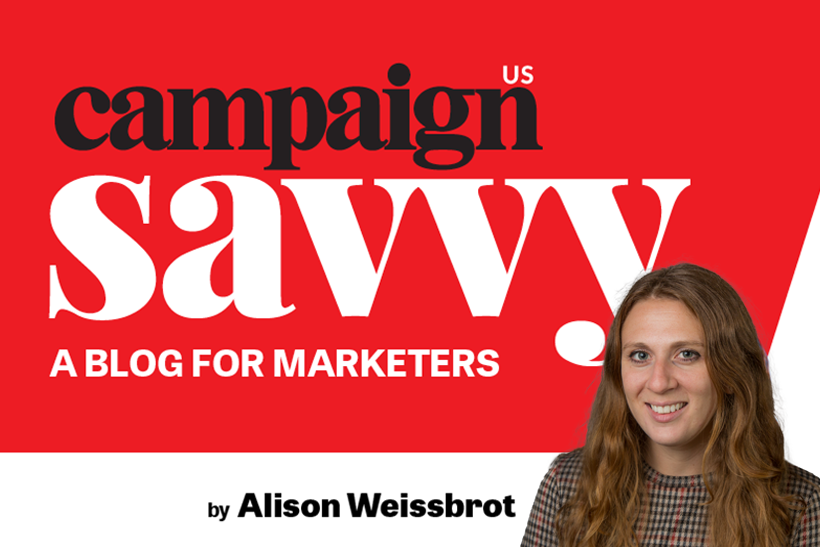Marketers are famous for jumping headfirst into emerging technologies before it's been proven whether they are truly transformational or just another flash in the pan. (Remember Clubhouse?)
The metaverse, which sucked up all of the air in conversations among advertising executives throughout 2022, is looking more like the latter.
Talk of the metaverse had been building among tech and marketing circles throughout 2021. But when Facebook rebranded to Meta in October of that year, the metaverse craze hit peak hype in adland.
Everyday my inbox was flooded with a deluge of pitches about brands launching a virtual store in Decentraland, or minting an NFT collection or offering a new skin on Fortnite.
More concretely, Meta invested billions of dollars into making the metaverse happen, to the detriment of its own ad business, kicking off a flood of VC investment into metaverse-focused startups. At the peak of the hype, McKinsey estimated the metaverse would be worth more than $3 trillion by 2030.
Campaign US also leaned into marketers’ excitement around this new space, publishing a six-part video series diving into the metaverse’s implications for brands, businesses and consumers.
Fast forward to today, and it seems any enthusiasm about the metaverse has quickly dissipated as the economy continues to sour and new innovations with more tangible ramifications, such as AI, have caught the industry’s attention.
Other companies that were once bullish on the metaverse are also pulling out as the economic outlook gets murkier. Meta, which has driven disproportionate hype in the space, pledged to scale back on its investments in the metaverse to cut costs amid mass layoffs and stabilize its slowing ad business.
The dominoes continue to fall as brands become wise to the fact that not many people really use the platforms we refer to when we talk about “the metaverse.”
Meta’s Horizon Worlds, for instance, has around 200,000 monthly users — a sliver of the multibillion users on its other platforms. DappRadar pegs Decentraland’s daily active user base at a whopping 650 people, plummeting from its peak of 50,000 a year ago.
Brands are also catching on that a majority of metaverse users are too young to legally advertise to. This week Walmart closed its “Universe of Play” on Roblox after Truth in Advertising exposed it as stealth marketing for kids.
Put it all together, and as our sister publication in the U.K. reported earlier today, the metaverse is ‘just not relevant’ for most brands.
Blame it on the collapse of the crypto market, or a chilling of investment and mass layoffs across tech companies. But the metaverse hype has come crashing down almost as quickly as it rose.
While major companies such as Meta and Disney will withstand the blow, I do wonder about the crop of metaverse marketing agencies — or digital agencies that bet the farm on the metaverse — will withstand the sudden cold shoulder. Some have already taken a hit, and there will be more casualties.
The good news? There’s always the next big new thing to pivot to.
Bring on the AI chat bots.

